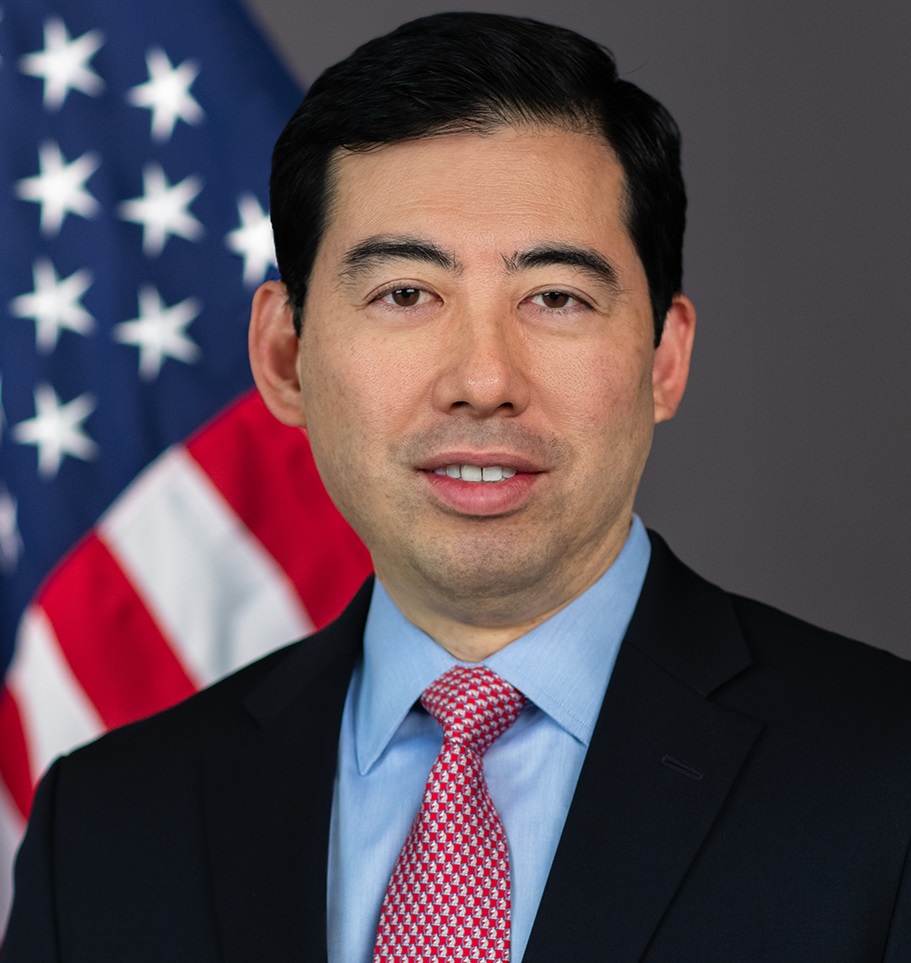SEC commissioner Mark Uyeda has raised concerns about the process through which the agency’s staff decides whether to allow companies to exclude shareholder proposals from their proxy statements and has suggested potential changes.
Speaking at the Society for Corporate Governance’s national conference in June, Uyeda cited figures as showing an 18 percent increase in the number of shareholder proposals submitted to companies between 2021 and 2023 and a 40 percent increase, to 629, in the number of proposals that reached a vote over the same period.
Uyeda – like many governance professionals – attributes this increase at least in part to updated guidance issued by the SEC’s division of corporation finance in November 2021 about the application of Rule 14a-8 in its decisions of whether to give no-action relief to companies that seek to avoid shareholder proposals being voted on. The SEC has also proposed, though not finalized, amendments to three of the bases under Rule 14a-8 for excluding resolutions.
Uyeda is concerned by the increasing number of proposals being filed and ending up on proxy statements. ‘The costs of a shareholder proposal go far beyond including 500 words in a proxy statement and a checkbox to the proxy card,’ he said in his remarks.
‘In 2020, the commission estimated that a company can incur up to $150,000 to process a single proposal. But more importantly, this amount does not include opportunity costs associated with the board’s and management’s time that could have been spent on value-creating activities for the company. All shareholders bear these costs, even though only a minority of shareholders submit proposals.’
He added: ‘[T]here is reason to be concerned with the trajectory of current trends in shareholder proposals.’

POLICY IDEAS
Uyeda suggested three types of changes that might address such concerns. The first of these, he said, would be greater use of private ordering – non-regulatory means – to manage shareholder proposals. Rule 14a-8’s procedural bases for excluding proposals should be seen as default standards that apply only if companies decline to establish their own standards in their governing documents, the commissioner argued.
‘For shareholder proposals, private ordering can offer potential benefits to companies and their shareholders,’ Uyeda said. ‘First, it provides certainty that the procedural standards will not change based on who is leading the commission… Second, private ordering allows a company to move away from the one-size-fits-all approach of [R]ule 14a-8. This empowers the fiduciaries of a company to establish requirements that best balance the benefits of shareholders’ proposals versus their costs, and specific to its shareholder base.
‘Finally, private ordering may enable companies to revise their shareholder proposal procedures more quickly in response to evolving governance trends.’
His second suggestion entails excluding proposals on social policy issues that ‘lack a material relationship with the company,’ stating that AGMs ‘were not intended under state corporate laws to be political battlegrounds or debating societies.’
As such, Uyeda said, the SEC should consider creating a single standard for evaluating social policy issues in shareholder proposals under Rule 14a-8. He suggested that the standard could be similar to that used for risk factor disclosures, where the SEC requires the disclosure of material risks and discourages inclusion of ‘risks that could apply generically to any registrant.’
PROXY STATEMENTS
Uyeda also suggested changes to how the SEC’s staff processes shareholder proposals. For example, he said, the commission should reconsider whether a company still needs to send the shareholder proponent a copy of its opposition statement before filing its definitive proxy statement. The SEC no longer requires proxy statements soliciting votes including for shareholder proposals to be filed in preliminary form, which means there is no longer a need for proponents to assist the agency in reviewing the portion of proxy statements related to shareholder proposals, he explained.
Uyeda added that the staff’s practice in the past was to respond to companies’ no-action requests roughly 20 days before a company filed its proxy statement, so that if a request was denied the company would still have 10 days to prepare an opposition statement.
‘The staff’s current practice for responding to no-action requests no longer works with this timeline,’ he said. ‘Instead, at the time the company needs to send the opposition statement – on the 30th day before filing – it likely will not have received the staff’s no-action decision. As a result, the company will incur the costs for preparing an opposition statement that it may never use. Furthermore, at the 30-day deadline, the company may also still be negotiating with the proponent for the withdrawal of the proposal.’
Uyeda also argued that the SEC may want to reconsider its officials’ role in the shareholder proposal process. The work done by agency attorneys in reviewing no-action requests creates ‘an incredible opportunity cost’ because they could otherwise be working on rulemaking, reviewing filings or providing interpretive advice on other topics, he said.
The commissioner argued that if the staff continues to be involved in the process other changes should be considered:
- That the staff should not determine whether an issue is a social-policy issue. ‘The staff undoubtedly makes good-faith efforts to reach unbiased conclusions. However, they should not be put in a position to make determinations on an issue that is well beyond the scope of applying the federal securities laws’
- That the staff should consider not making determinations on whether a proposal violates an area of law other than federal securities law. ‘While companies and shareholder proponents may have become accustomed to, and familiar with, the staff’s involvement on these issues… a court is the more appropriate forum for deciding issues that are not rooted in the federal securities laws.’









